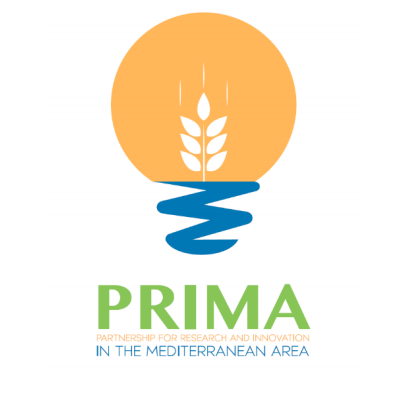
PRIMA Section 1 Agro-Food Value chain 2020
Deadline: Sep 22, 2020
CALL EXPIRED
CALL EXPIRED
Fisheries and Food
Agriculture
Agrifood
Aquaculture
Food Safety
Young Farmers
Social Farming
Water Resource Management
Call: Section 1 – Agro-food Value Chain 2020
Topic 1.3.1-2020 (IA) Valorising the health benefits of the Traditional Mediterranean food products
Challenge
The Mediterranean diet is considered by the UNESCO as one “Intangible Cultural Heritage of Humanity” identifying several Mediterranean countries. Together with appropriate techniques of food processing and the correct life-style historically associated to the Mediterranean societies, a balanced diet has been recognized for having multiple health benefits. However, dietary habits of the population of the Mediterranean basin have been changing during the last decades mainly for the increasing incidence of social phenomena (e.g. fast meals/or junk food), with negative health consequences such as rises in obesity and incidence of non-communicable diseases (such as diabetes, heart attacks, cancer).
The acknowledgement of Mediterranean Diet as a healthy and sustainable diet model with country-specific variations, and multiple sustainable benefits, can contribute to engage multiple stakeholders and the consumers towards an innovative and integrated food system concept that connects production, transformation and consumption, in a sustainable and healthy way, thus paving the way for tackling growing challenges facing the Mediterranean populations.
Scope
The shift in the Mediterranean food consumption patterns and trends should be appraised under a holistic approach where the acceptance and affordability of the traditional Mediterranean food products is considered into a broader Mediterranean lifestyle concept (thus including socio-economic, physical activity, psychosocial and behavioural determinants). In doing so, the overall focus of the local food production system should be on sustainable consumption of healthy diet.
The activities should aim to develop innovative food products based on consumer-centred re-design of traditional Mediterranean recipes and ingredients, in order to satisfy consumer demand in terms of healthiness, convenience, ease of preparation, taste acceptability, and use of ingredients exploiting the local biodiversity also as an element of cultural identity. The nutritional value of the developed food products should be at the centre of the process of valorisation of Mediterranean food product, along with a focus on food technologies to preserve the healthiness and quality of these products.
The activities should also consider the market receptivity for the developed products to predict the extent of the shift in the adherence to the Mediterranean diet consequent to its commercialization, according to the frequency of consumption in the target populations, based on its lifestyle determinants, such as socio-economic, physical activity, psychosocial and behavioural. Finally, the action should be in line with the development of national and/or regional strategies and policies to ensure the provision of healthy, safe and sustainable food products along the whole Agri-food value chain. Proposals should fall under the concept of the multi-actor approach.
Expected impacts
- Optimized eco-friendly food processing technologies and tools to preserve the original nutritional value and enrich the valuable bioactive contents in the final food products, compared to conventional methods;
- Development of new value-added foods products/forms from traditional Mediterranean diet with proven health benefits, accompanied with proper understanding of the markets and high end-customers satisfaction and trust;
- Development of efficient national/regional strategies, addressing the critical gaps and valorising the potential opportunities in the Mediterranean countries nutrition policy and considering the socio-economic and health impacts, that balance the dietary habits of Mediterranean consumers and the sustainability of Agri-food resources;
- Contribution to improved dynamics of Mediterranean lifestyle (diet, physical activity and socio-cultural habits) as an important element of the Mediterranean cultural inheritance.
KEY PERFORMANCE INDICATORS
- Number of new health-related high-quality food products with enhanced bioactive contents.
- Number of innovative solutions and technologies aimed to improve quality control mechanisms and techniques throughout Agri-food supply chains.
- Number of socio-cultural actions and strategies promoting the healthy Mediterranean food choices through appropriate information provision to consumers and policy makers.
- SDG#2-Indicator 2.2.2 Prevalence of malnutrition (weight for height >+2 or <-2 standard deviation from the median of the WHO Child Growth Standards) among children under 5 years of age, by type (wasting and overweight).
Public link: Only for registered users
 PRIMA
PRIMA
Please Log In to See This Section